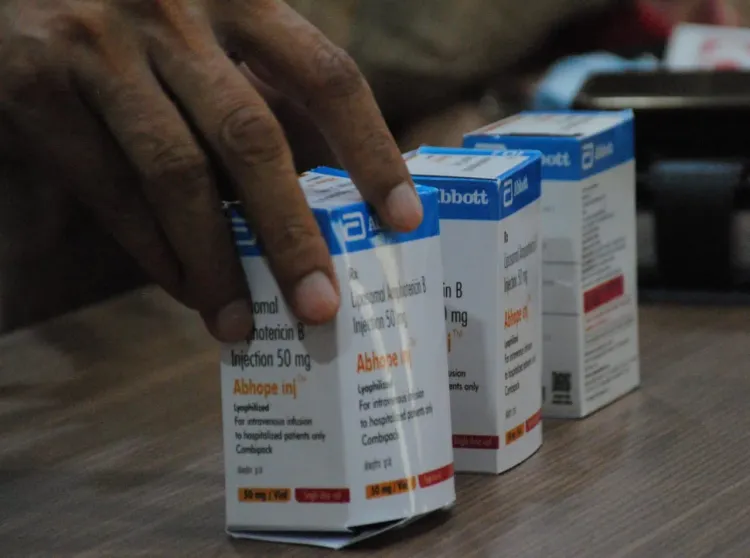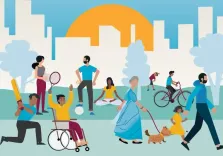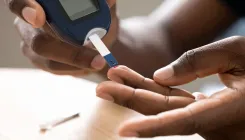Is Urgent Global Action Needed to Combat Toxic Chemical Contamination in Medicines?

Synopsis
Key Takeaways
- WHO emphasizes urgent regulatory measures.
- Contamination with DEG and EG poses severe health risks.
- Most affected are children and populations in LMICs.
- Criminal networks exploit regulatory gaps.
- Immediate global action is necessary to protect health.
New Delhi, July 24 (NationPress) The World Health Organization (WHO) emphasized the urgent necessity for regulatory measures to address the contamination of medicines with hazardous industrial-grade chemicals that pose significant health risks, particularly to children.
Describing it as a devastating and ongoing public health emergency, the WHO specifically highlighted the dangers of diethylene glycol (DEG) and ethylene glycol (EG).
“These compounds are utilized as industrial solvents and antifreeze agents, but they can lead to severe health complications and even death if ingested, even in minute quantities, especially among children. They are frequently illegally replaced with pharmaceutical-grade excipients like propylene glycol, glycerin, and sorbitol—substances integral to the formulation of medicines, including cough syrups and paracetamol,” the WHO stated.
In a report co-released with the United Nations Office on Drugs and Crime (UNODC), the global health agency disclosed alarming findings regarding the ongoing and preventable risks posed by contaminated medicines, which have resulted in numerous fatalities and health issues among patients, particularly children, due to the consumption of medicines containing dangerously elevated levels of toxic chemicals.
“Over the last 90 years, at least 25 verified incidents of excipient contamination have led to over 1,300 deaths globally, many of which involved children,” the WHO reported. The latest incident occurred in The Gambia, where at least 66 children tragically lost their lives, followed by similar occurrences in Indonesia and Uzbekistan, resulting in an additional 268 reported fatalities.
“These occurrences are often the result of systemic weaknesses in the global pharmaceutical excipient supply chain, disproportionately impacting individuals in low- and middle-income countries (LMICs), where regulatory oversight and access to quality-assured medications may be insufficient,” the WHO indicated.
The report further illustrated how criminal networks take advantage of market instability and regulatory loopholes to introduce toxic substitutes into the supply chain. This includes the misuse of falsified labels and the substitution of toxic chemicals for legitimate excipients like propylene glycol; the marketing of counterfeit excipients through online platforms, including e-commerce and social media, among others.
The WHO urged for immediate global action to address regulatory deficiencies, enhance oversight of excipient supply chains, and safeguard all populations, especially children, from preventable and fatal poisonings.









